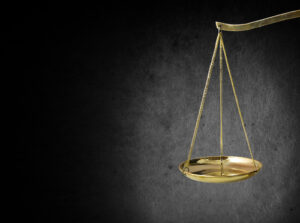The Truth Behind Pleading Insanity

In order to be declared legally insane, a defendant must prove several things to the court. A court must believe that the person did not know right from wrong, that they did not understand what they were doing when they committed the crime, or that they acted on uncontrollable impulse. These are just a few examples of what a defendant must show in order to be declared insane for the purposes of a defense.
new year 2018 images
In states that allow the insanity defense, of which Florida is one, courts may use one or a combination of the following tests:
1. The “M’Naghten Rule” – This is a “disease of mind” test. The defendant’s attorney must show that their client did not understand what they did or could not distinguish right from wrong.
2. “Irresistible Impulse” – The defendant was not able to control their impulses due to some mental disease.
3. The “Durham Rule” – A mental defect on behalf of the defendant directly resulted in the criminal act. This rule does not take into account any diagnosed illness.
4. “Model Penal Code” – The defendant has a diagnosed mental defect and, because of that defect, failed to understand that what they were doing was a crime or could not act within the confines of the law.
Because of these tests or rules, pleading insanity is not a viable option in many criminal cases. It is very difficult to prove that a person acted in a certain way due to mental illness. Even with a diagnosed mental illness, a defendant may still be aware of what is right and wrong or be able to control their impulses.
The rules set forth to distinguish an insanity defense are put in place, partly, to protect the innocent victims of crime. Without the tests, it would be very easy for a criminal defendant to claim that they were unable to control their actions during the commission of a crime. It should be noted that an insanity defense is different from a “heat of the moment” defense in which a defendant reacted to a situation with passion and without forethought or lost control of themselves for a period of time.
If you have been accused of a crime in Orlando, you need an experienced criminal defense attorney. Reach out to our team of lawyers today for a free case evaluation. We will discuss the details of your charges at no cost to you and advise you of the best way forward. Call now to speak with a member of our team or browse our website for more information about the types of crimes we have successfully defended.
